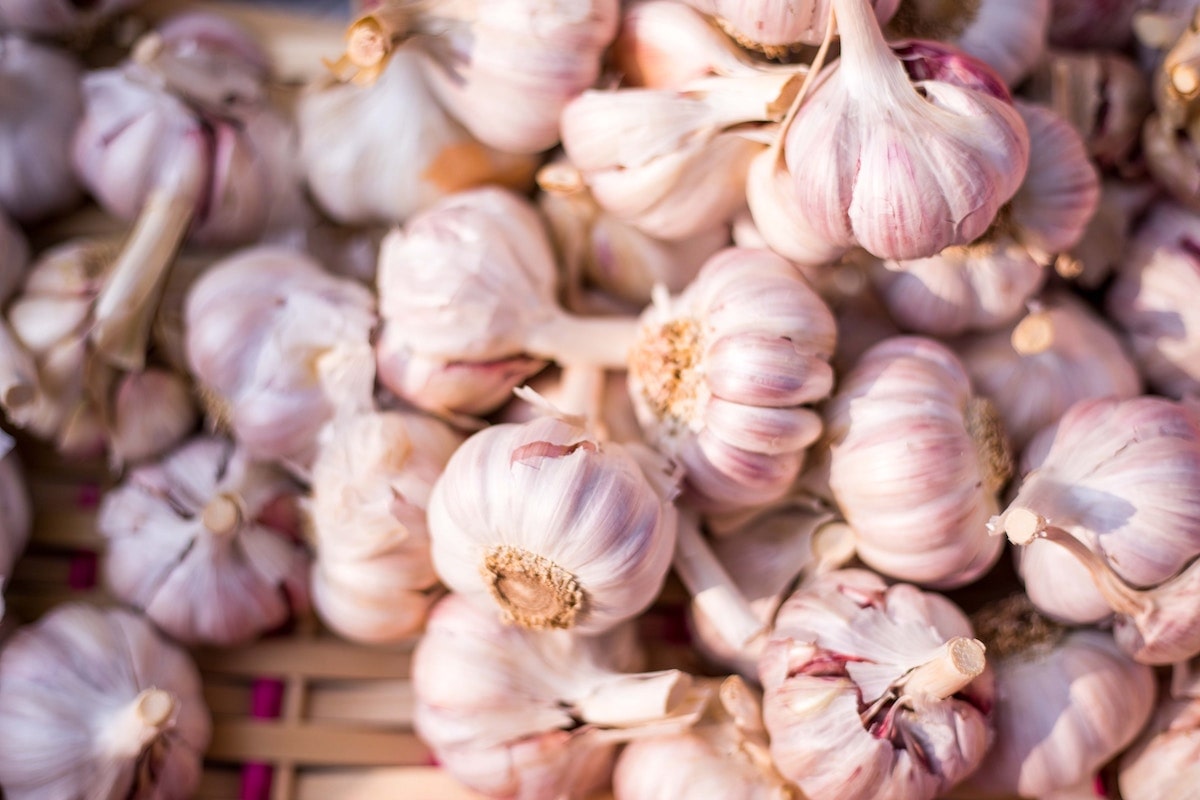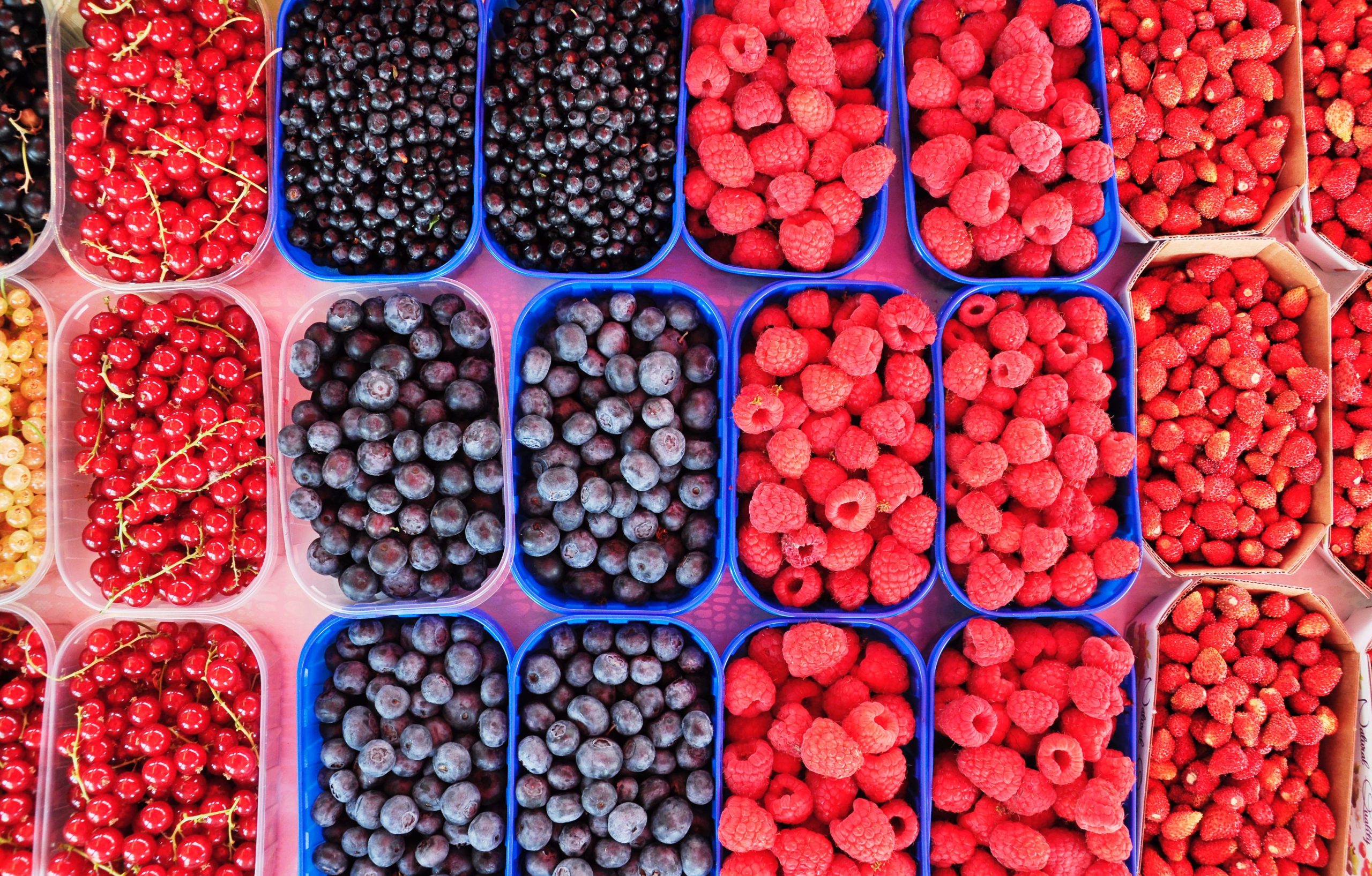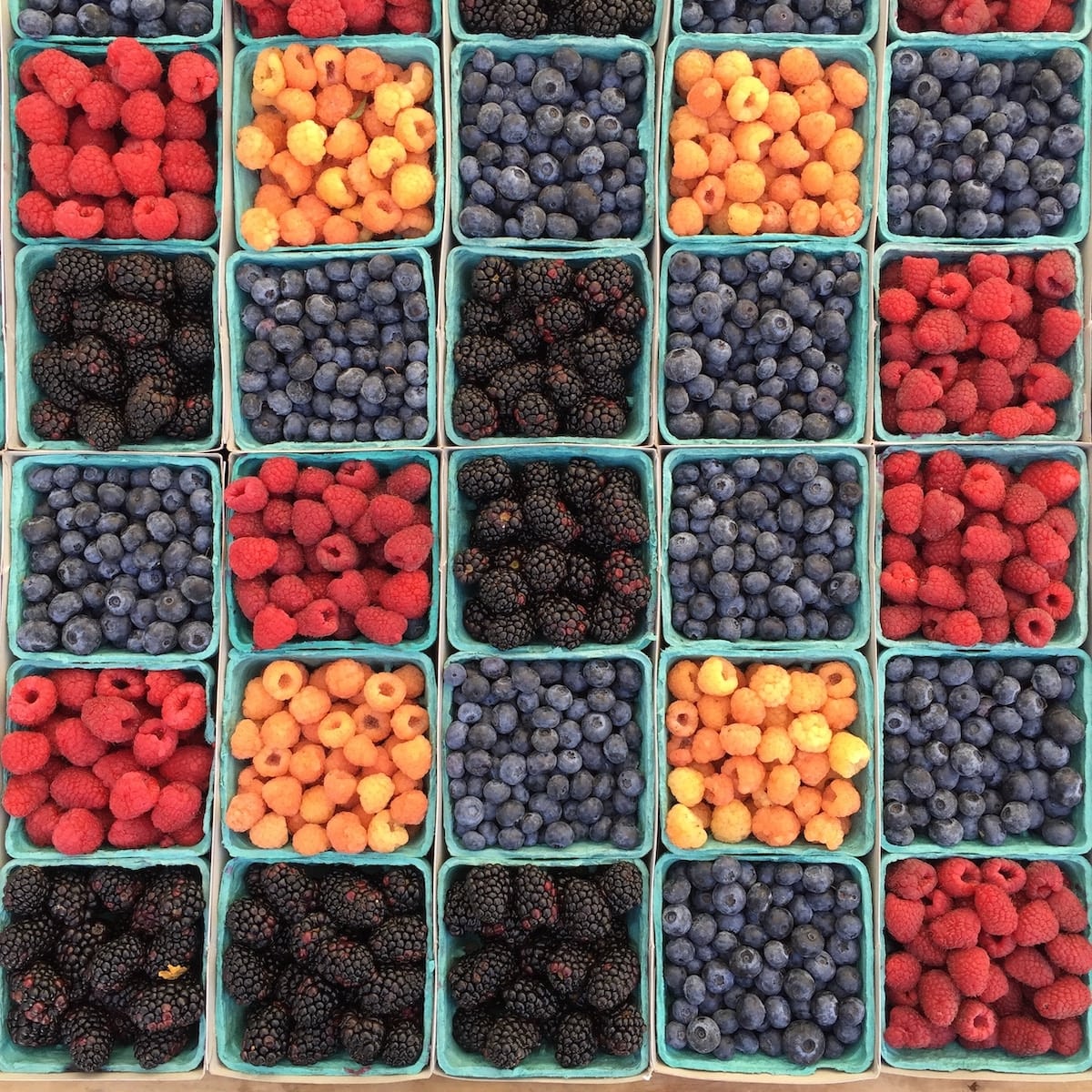Blog
10 Prebiotic Foods You Should Eat
What are prebiotics?
Whether through food or prebiotic supplements, prebiotics play an important role in keeping our bodies running smoothly, particularly when it comes to gut health.
The simplest way to explain what prebiotics are is this: fruit, meat and vegetables are types of food that humans eat. Prebiotics are the food that probiotics eat.
Prebiotics are a type of dietary fibre that feed the probiotics in your gut. Their most important job? To bump up the balance of good bacteria and maintain the overall health of your gut microbiome.
1. Bananas
High in fibre, vitamins and minerals, bananas are a wonderful source of prebiotics. All this good stuff helps to reduce bloating and increase good bacteria in the gut.
Green, unripe bananas are the most prebiotic-rich. This is because green bananas contain resistant starch – which means higher levels of prebiotics for the probiotics to eat!
2. Oats
Oats are packed full of prebiotic fibre. No matter what type of oat floats your boat, both steel-cut and rolled oats have great health benefits.
Oats also contain beta-glucan, a type of soluble fibre. This fibre works wonders for your gut microbiome as it provides the probiotics with a jelly-like substance to eat.
3. Asparagus
You can’t go wrong with a tasty asparagus dish and it’ll serve you in more than one way!
A great source of prebiotics, asparagus is known to promote the growth of friendly bacteria in the gut. It contains 2-3 grams of inulin (per 100g), a powerful prebiotic fibre with impressive health benefits.
4. Flaxseed
An easy addition to things like oatmeal, salad or smoothies, flaxseed – in its many forms (powder, oil etc) – is one of the most prebiotic-rich foods.
It is a nutritious supplemental food that contains high amounts of fibre that helps to promote a healthy gut environment.
5. Onion
Onions can be easily added to most meals, which is perfect considering they’re such a good source of prebiotics – and, not to mention, delicious!
Onions also aid digestion and significantly increase the good bacteria in your gut.
7. Chicory root
A root that might not often be found in your pantry, it’s one very high in inulin, which makes it an excellent source of prebiotics.
The inulin found in the chicory root also helps to remove toxin build-up in the digestive tract and improve bowel movements, working to improve overall gut health
8. Jerusalem artichoke
The Jerusalem artichoke is high in fibre, low in carbs and packed with prebiotics.
With 76% of its fibre content being inulin, the Jerusalem artichoke is one of the most prebiotic-rich foods. Definitely a worthy addition to the pantry!
9. Apples
An apple a day, right?
50% of an apple’s fibre content is made up of pectin, a component that ensures the fruit is loaded with prebiotics.
While apples help to increase the good bacteria in your gut, they’re also known to help boost your metabolism.
10. Garlic
A welcome addition to most dishes, garlic is an incredibly popular, nutritious food.
Filled with prebiotics, garlic serves two functions (three if you include the fact that it tastes great!).
Garlic acts as a superhero for the gut by promoting healthy bacteria AND preventing bad bacteria from growing.
Prebiotics are important and beneficial for your body
Creating and maintaining a healthy gut environment is crucial for each and every one of us. So, aren’t we lucky that prebiotics can do it all?
Even if you do get your prebiotics in through food, our inulin powder Prebiotic Blend nourishes and feeds your gut with everything it needs to leave you feeling healthy and happy.
An excellent source of prebiotics and gut-loving ingredients, our Prebiotic Blend is easy to use and gives you the daily boost you need to keep your gut bacteria healthy.



